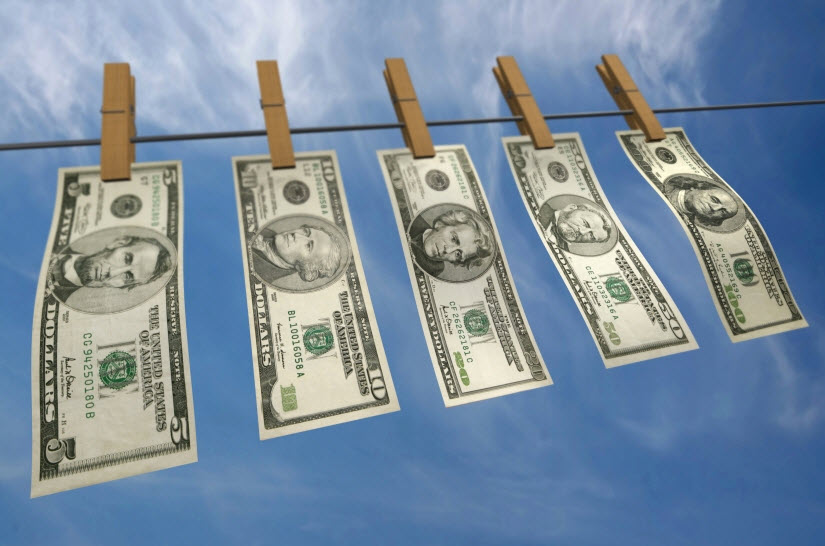The Government of the Republic of Panama rejected statements in which the country is described as a tax haven, saying such descriptions do not reflect the efforts carried out by the country to modernize and update the national financial and services markets.
Panama’s consul in Malta, John A. Gauci-Maistre, forwarded a statement issued by the Panamanian Foreign Affairs Ministry to the Maltese media.
The statement comes in the wake of the controversy involving Minister Konrad Mizzi who admitted he had set up a company in Panama, which he later said he will close after harsh criticism.
In its statement, the Panama Foreign Ministry said Panama is committed to the fight against money laundering, terrorist financing and tax evasion, which led in 2015 to the enactment of three important legal tools:
- Lawno.23 of27 of April 2015, which reinforcespolicies ofdue diligence toidentify thefinal beneficiary, aiming to preventmoney laundering, terrorist financingand the financingof proliferation ofweapons of massdestruction.
- LawNo.22of27 of April 2015which amendsArticle 71of the Commercial Code, imposing sanctions oncompanies that do notkeeptheirrecords of minutes and shareholders updated.
- LawNo. 18of 23April 2015, whichanticipatesthe entry into forceof the regimethat immobilizesbearer shares.
This has been recognized by international bodies such as the Financial Action Task Force (FATF), which has removed Panama from its gray list after the successful update of its legal framework, focused on the fight against money laundering, terrorist financing and tax evasion, the statement said.
It is also the case of the Global Forum, which unanimously approved the passage of the Republic of Panama to Phase II of the peer review process of the Organization for Economic Co-operation and Development (OECD) for the measures taken by the country in terms of transparency and exchange of tax information.
This update of the legal framework and its effective implementation, ensure that the competent authorities in this matter by the Government of Panama have access to information from the owners and beneficiaries of Panamanian vehicles. Similarly Law 23 of 2015 widens the circle of parties obligated to report, as well as including oversight for resident agents in legal Panamanian entities, the Panama foreign minister said.
It is also important to note, he added, that Panama is not included in the list of “tax havens” of the European Commission. It maintains a high commitment to international cooperation with member countries, with existing accords, and the signing and negotiation of tax agreements. To date, Panama has agreements that facilitate the exchange of tax information with more than 10 member countries of the European Union.
For years Panama has collaborated with the global financial community, including the international network of negotiated tax treaties that allow the exchange of tax information and thus cooperates with other jurisdictions in order to prevent tax evasion. This network of Panama agreements currently includes 29 jurisdictions globally, not counting those who are under negotiation.
